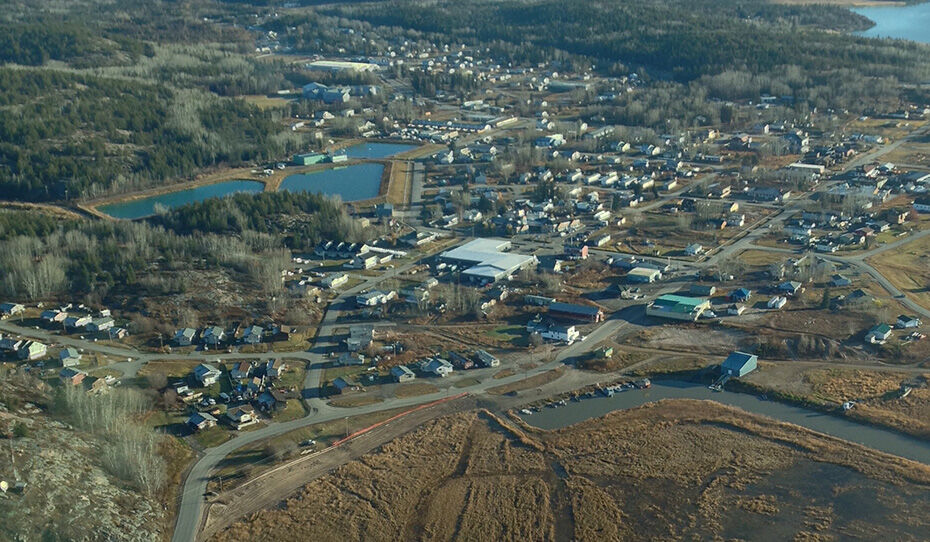This study was undertaken to gain a better understanding of the cumulative implications of resource development on the opportunities of Aboriginal people to sustain and express cultural values.




In this study, IEG partnered with the Fort Chipewyan Métis (Local 125) community of Fort Chipewyan, Alberta, to study the implications of development on the community’s ability to sustain their cultural practices. Since the 1960s, the cumulative uptake of land for natural resource extraction and related development has had a rapid and profound impact on the traditional lands and cultures of Aboriginal people in northeastern Alberta. Using a community defined pre-development baseline, this research examined:
- how the traditional values and practices of Fort Chipewyan Métis (Local 125) culture have changed and how are they expressed today;
- what the key factors are that have led to these changes; and
- what the Fort Chipewyan Métis (Local 125) members believe is necessary to support their culture now and into the future.
Some of the aspects of Fort Chipewyan Métis (Local 125) culture that we explored including the importance of visiting, language, and peaceful (low-stress) experiences on the land. For instance, when industrial development modifies how people move through and access the land, aspects of culture may be affected, such as knowledge exchange, socializing, and resource exchange. This study explored the ways in which the traditional land uses of Aboriginal people serve more than simply a resource procurement purpose, but are essential to support the physical and social aspects of community and culture.



